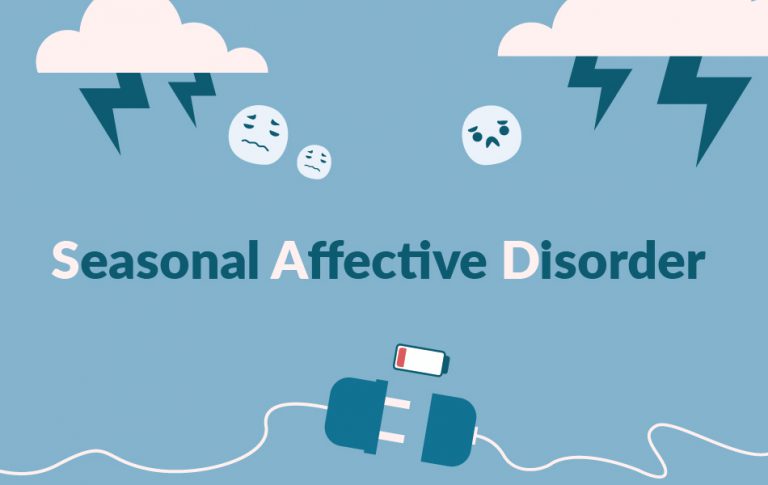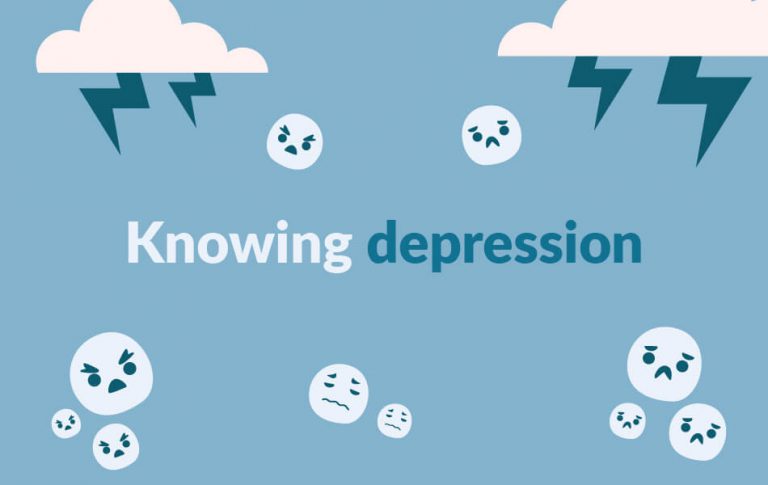Over the years each generation has had to deal with what is known as health shocks. For instance, some generations had to cope with wars or the devastation of epidemics.
These types of events can ultimately have an effect on health. The World Health Organisation has referred to these health shocks as “unpredictable illnesses that diminish health status.” Today, it can be referred to as a “Millenial Health Shock.” This is due to the fact that Millennials suffer from certain health problems linked to their generation.
Millennials are specifically affected by an increase in mental health issues. Let’s look further into the concept of Health Shocks.
Waging a different kind of war
Health shocks can be associated with events or issues that occur in society and can, therefore, affect families and individuals. Even though many Millenials are not directly affected by things like wars or epidemics, they face situations every day that have similar outcomes on their overall health. The main problems are linked to mental health issues, such as depression, anxiety and hyperactivity disorders.
Millennials seem to be experiencing high amounts of stress in their everyday lives. This can ultimately lead to some very serious physical health issues. There is a significant increase in health problems, such as high blood pressure, high cholesterol, diabetes and obesity.
Studies have been done on generational health shocks and the Millennial Health Shock can be compared to the Health Shock that occurred during the Vietnam War, where there was a substantial increase in the use of recreational drugs.
The health decline of Millennials is higher when compared to other generations of the same age and if nothing is done to help the situation, the mortality rate will exceed all previous generations. This will then put pressure on individuals and families due to increased medical costs. The economy can also be affected, as the decline in health will keep them from going to work, which may result in higher unemployment numbers.
Considering the high demands and stresses of modern-day living, statistics show that Millennials are suffering from serious depression, which could lead to things like deaths caused by despair. There are more and more people who are dying from problems caused by drugs and alcohol abuse. There is also an increase in the number of suicides, especially those who fall in the age group from 23 to 38 years in 2019.
A white flag
There are various causes, but the biggest issue is that of the huge financial burdens from the high costs of living today. Social support is another worrying factor; as fewer people participate in community gatherings or groups. Whatever the cause, there is help, with the proper management skills and treatment, the health decline amongst Millennials can be improved. Seek help if you are experiencing overwhelming feelings of anger, hopelessness, depression and suicidal thoughts. Help and support is available at ZwavelStream Clinic for anyone feeling as though life has become too much to bear.







